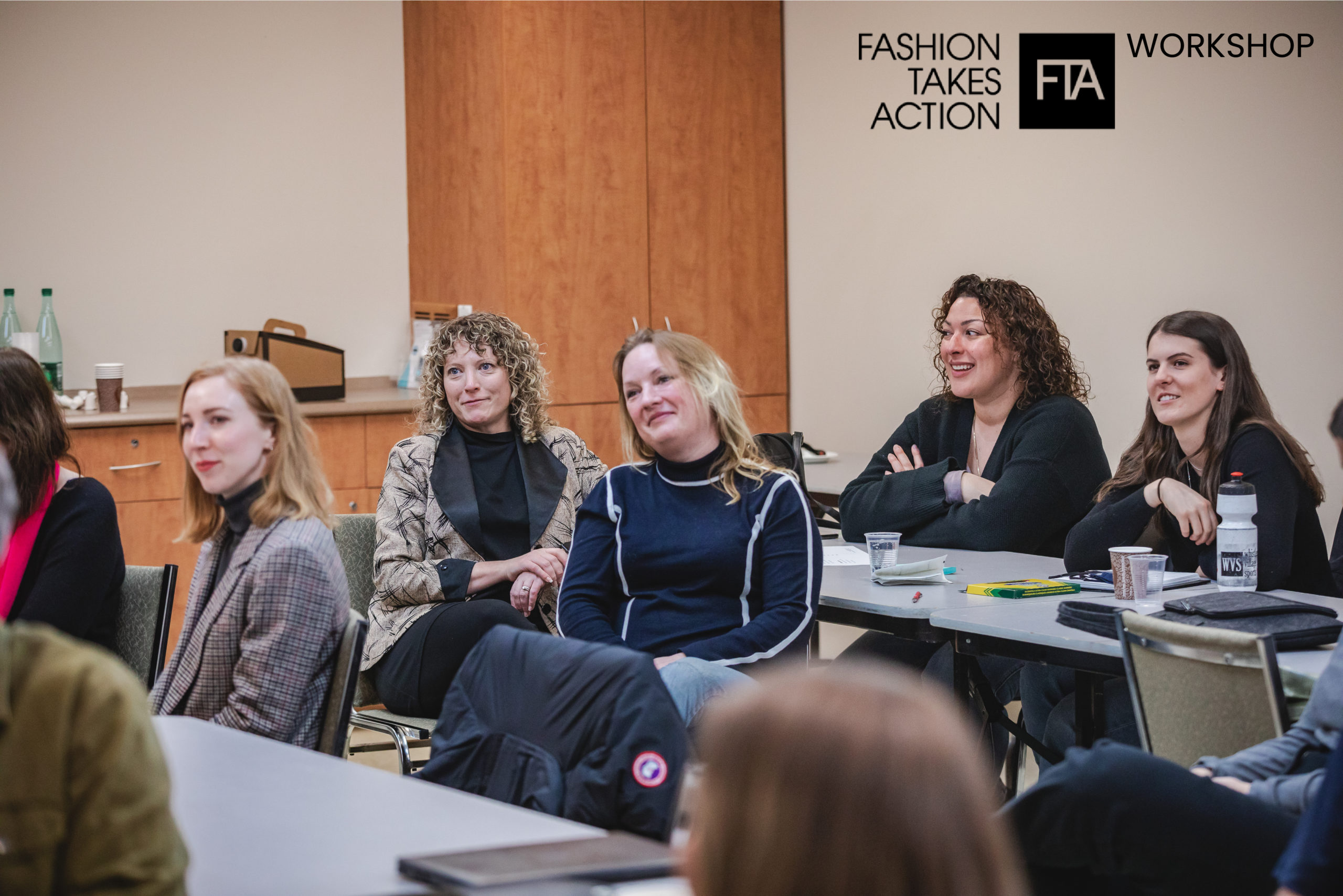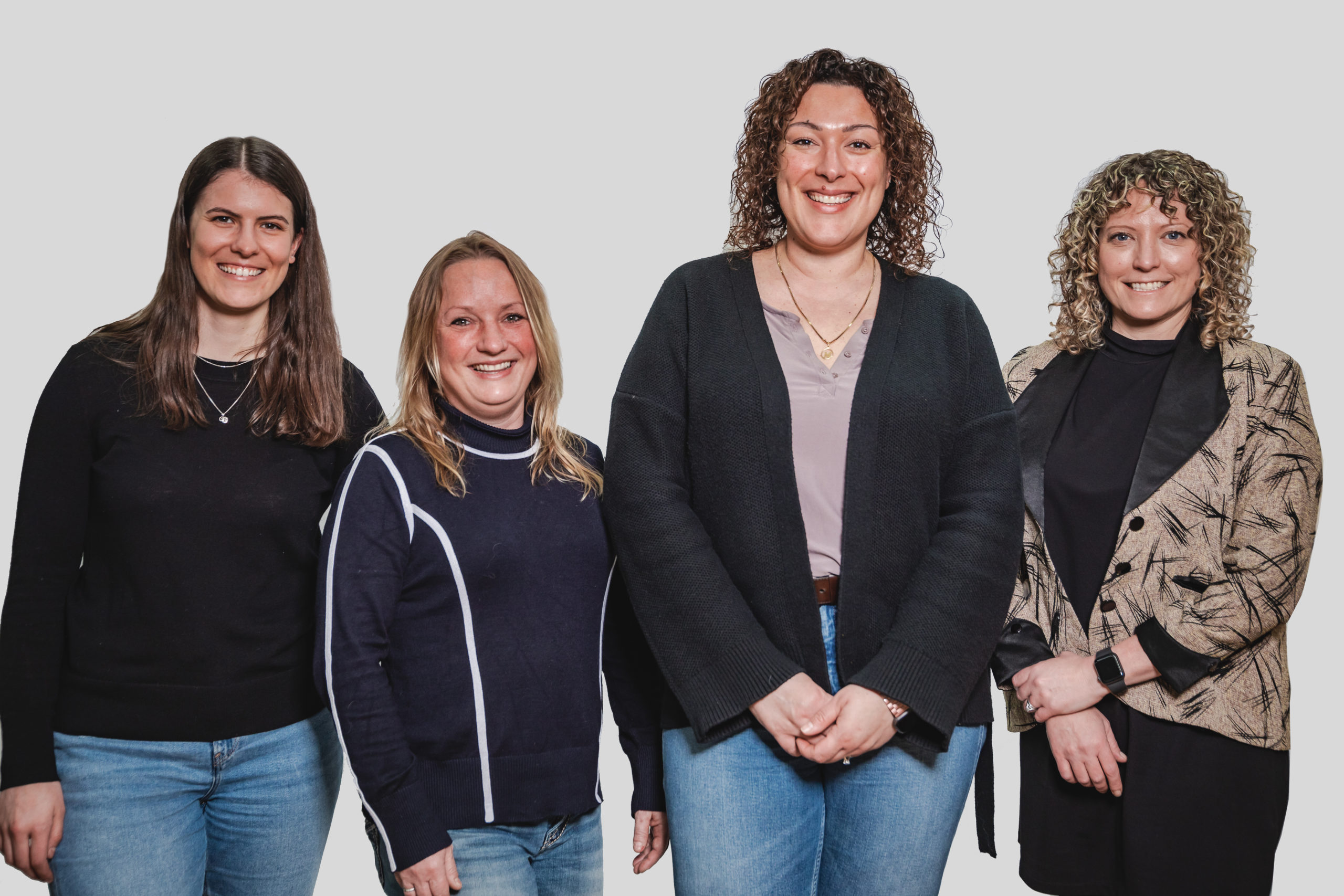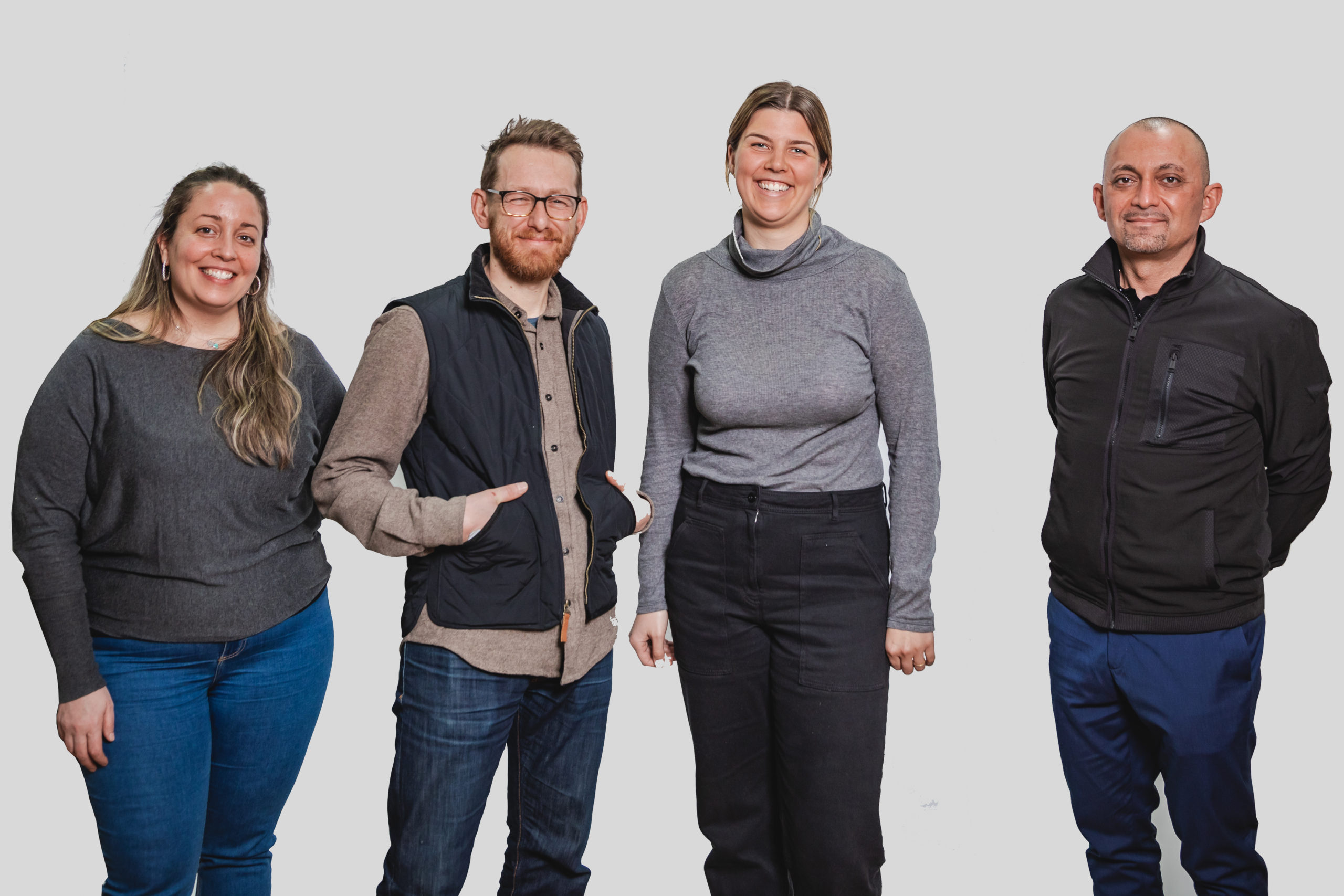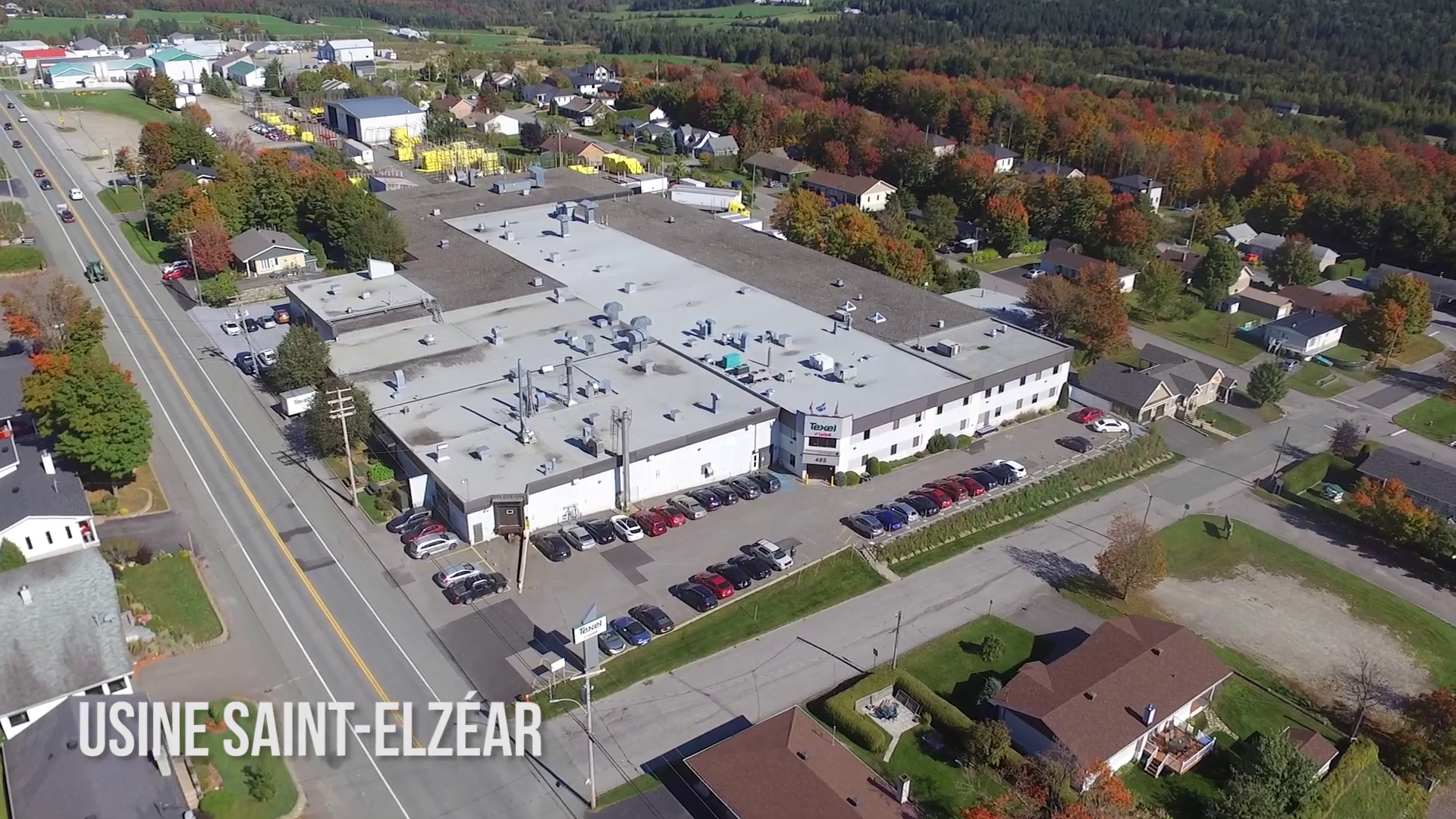Live Greener and go further than ever before
Canada's Textile Recycling Pilot Project has made a mechanical textile pilot production that will result in a new end product made from 50% post-consumer textiles (our unwanted clothes) and 50% rPET (from plastic bottles).
With financial support from Environment & Climate Change Canada (ECCC), we created a local recycling supply chain that consists of:
- SportChek (retail partner that ran an in-store collection)
- Goodwill (charity collection partner that sorted and cleaned the garments)
- Jasztex (industrial textile shredder partner that transforms the clothes into recycle fibers)
- Alkegen, formerly Texel (mill partner that carded and needlepunched to make a felt)
- Designer Marianne Mercier (testing and design of felted product)
- Canadian Tire (retailer who will sell the final end product in select stores)
The workshop took place in the Alkegen factory located in St-Elzéar de Beauce, Quebec, Canada. The workshop began with a factory tour, so that participants could understand the non-woven process that makes it possible to make felt from recycled material. Afterwards, the participants conducted a working session led by Marianne Mercier, to exchange ideas on concepts of felt made of recycled material. These objects from recycling are certainly the precursors of what will be the daily life of the future. In the meantime, Canadian Tire is taking environmental initiatives, testing the improbable and achieving surprising results.
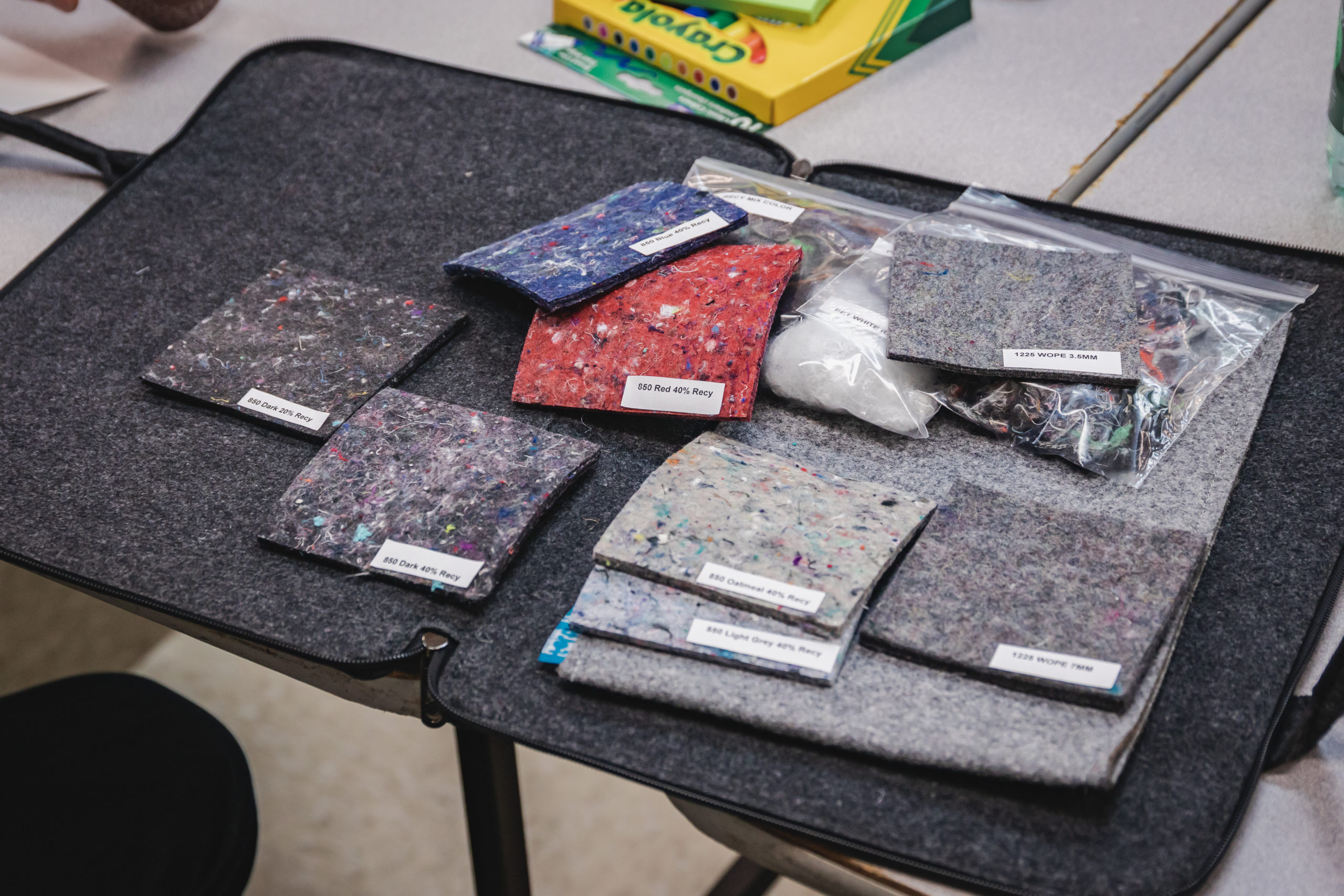
We know that at least 500,000 tons of post-consumer textile waste ends up in Canada’s landfills each year, many of which are garments made from synthetic (or plastic) materials such as polyester, nylon and acrylic. To address this, we knew we needed a more immediate solution.
We have been mechanically recycling textiles for years in Canada, which most often results in an end product that is not aesthetically pleasing, “hidden” behind walls or under carpets in the form of insulation or under-padding. This “downcycled” end product has little value. Our pilot project will result in a stylish, consumer facing end product that has value, and that will be sold in stores fall/winter 2022.
